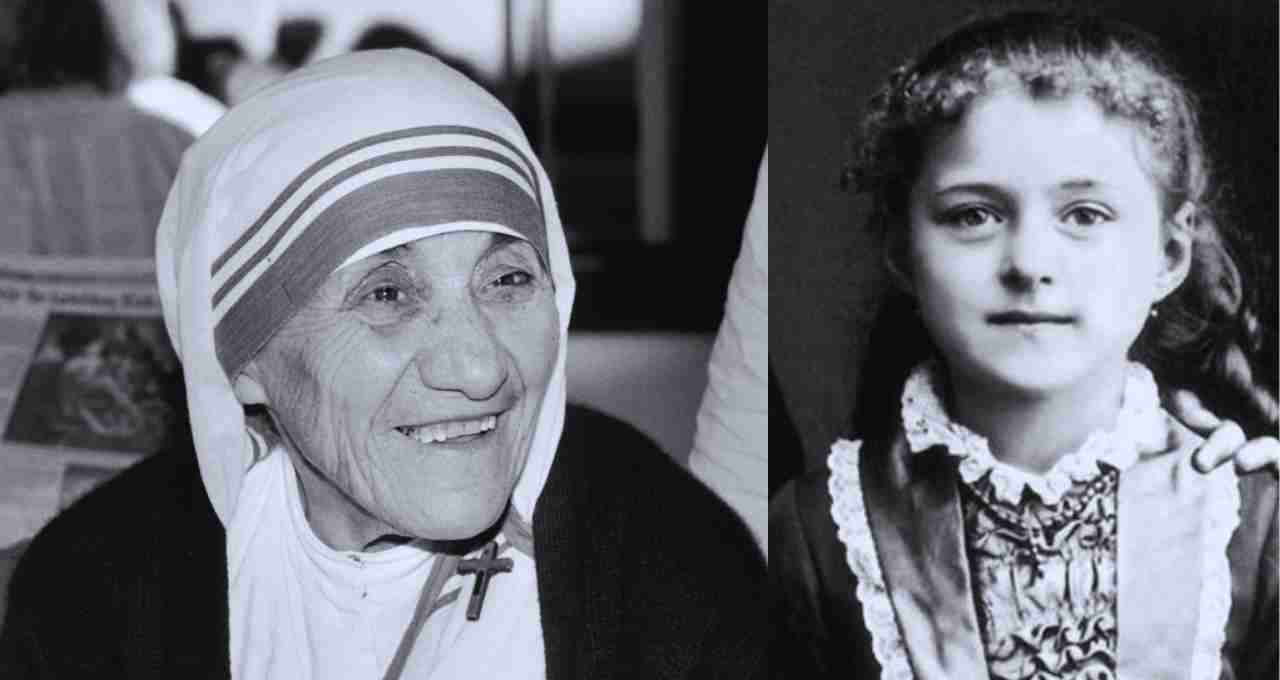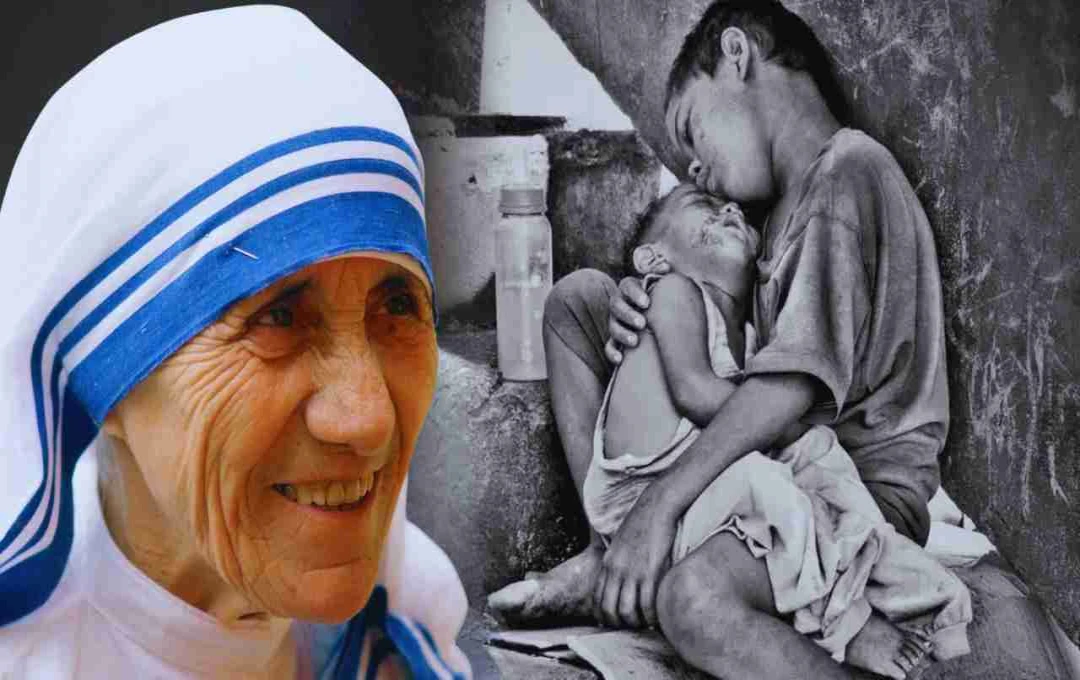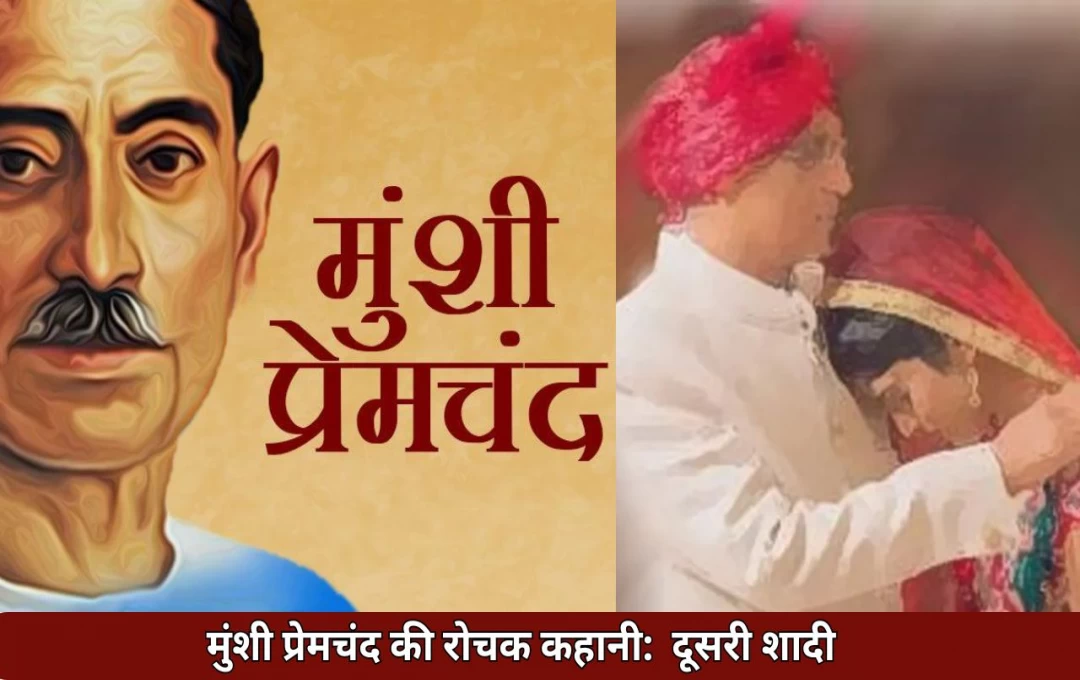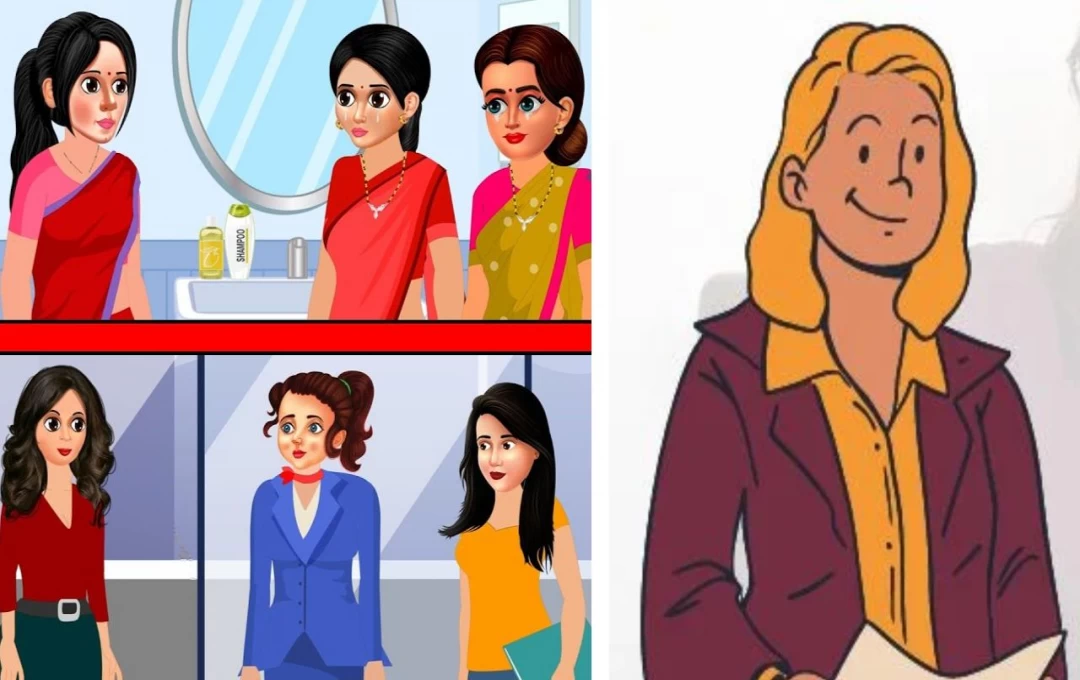While the world chased wealth and fame, a frail woman dedicated her life to serving those often overlooked by the world – the poor, the sick, the helpless, and the dying. This is the story of Mother Teresa. This epitome of service, compassion, and humanity continues to live in the hearts of millions even today.
Early Life and Spiritual Calling
Mother Teresa was born on August 26, 1910, in Skopje (present-day North Macedonia), then part of the Ottoman Empire. Her birth name was Agnes Gonxha Bojaxhiu. Born into a humble but religious Albanian family, Agnes witnessed the spirit of service blossoming within her from childhood. Her father passed away when she was only 8, leading to financial and emotional hardship for her family. However, her mother taught her about God, sacrifice, and service.
At the age of 12, she felt that her life was meant for a special purpose – serving others. At 18, she joined the "Sisters of Loreto" and learned English in Ireland to be able to serve in India. In 1929, she arrived in Kolkata and began her service as a teacher.
'Call Within a Call': The Turning Point in Mother Teresa's Life

On September 10, 1946, during a train journey, Mother Teresa received a 'call within a call'. It was an inner voice – a calling to live among the poor and serve them. She left the Loreto order and, after obtaining Indian citizenship in 1948, began living in the slums of Kolkata.
In 1950, she founded the "Missionaries of Charity," with the aim of 'serving those who are unwanted, unloved, and uncared for in society.' She opened shelters for leprosy patients, orphans, and people dying on the streets. This mission became the soul of her life.
A Journey of Selfless Service for Four Decades
Mother Teresa's service was not limited to India; she opened branches of the Missionaries of Charity worldwide. Her purpose was not merely to treat the sick, but also to provide counseling, food and shelter to children, facilitate education, and give the destitute a place to live with dignity. She never discriminated based on caste, religion, or country, but considered every human being equal. According to her, 'the hunger for love is much greater than the hunger for bread,' and she made this thought the mission of her life.
Global Recognition and Honors

For her selfless deeds, she received many national and international awards:
- Nobel Peace Prize (1979)
- Bharat Ratna (1980)
- Padma Shri (1962)
- Templeton Prize
- Ramon Magsaysay Award (1962)
- Honorary degrees from several universities
Upon receiving the Nobel Prize, she canceled the awards banquet and sent the funds to the poor of Kolkata.
Criticisms and Opposition
While Mother Teresa was considered a messiah and a messenger of God by millions, some people also questioned her work. Some critics alleged a lack of transparency in her trust's fundraising, as well as inadequate medical care in her institutions. There were also accusations of forced conversions. Despite this, the fact remains that Mother Teresa provided solace and support to thousands of poor, sick, and helpless people through her service, which in itself is a great achievement.
Final Days and Sainthood
On September 5, 1997, Mother Teresa breathed her last due to cardiac arrest. The whole world was plunged into mourning. In 2016, Pope Francis bestowed upon her the title of 'Saint'. Now, she is not just 'Mother Teresa,' but 'Saint Teresa of Kolkata'.
The life of Mother Teresa teaches us that true humanity lies in service, compassion, and love. She selflessly embraced every needy person and set the most beautiful example of humanity. Her contribution cannot be forgotten—she lives on today in the hearts of millions, as an inspiration.















